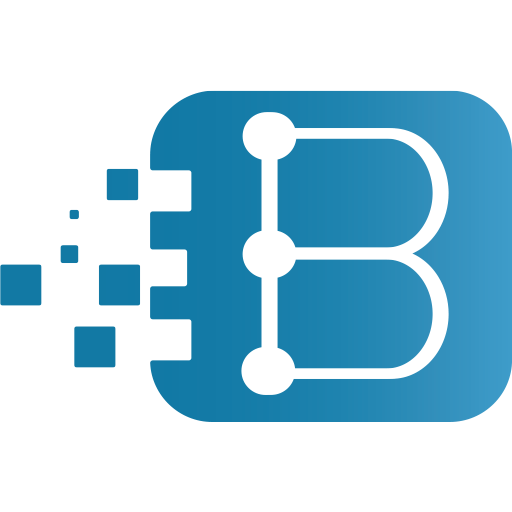A Learning Management System (LMS) is a software application that enables organizations to manage and deliver educational and training content to learners. It’s a web-based platform that simplifies the administration, documentation, tracking, and reporting of educational courses or training programs.
An LMS provides a centralized location for learners to access courses, track their progress, and communicate with instructors and peers. It also allows instructors and administrators to create and upload course content, manage user accounts, monitor learner progress, and generate reports.
There are various features of an LMS that make it an essential tool for educational institutions and organizations of all sizes. Some of these features include:
- Course creation and management: With an LMS, instructors and administrators can create and manage courses, including course materials, assignments, quizzes, and assessments.
- Learner management: An LMS enables instructors and administrators to manage user accounts, including creating user profiles, enrolling learners in courses, and monitoring their progress.
- Communication and collaboration: An LMS facilitates communication and collaboration between learners and instructors through discussion forums, messaging, and chat features.
- Reporting and analytics: LMS provides insights into learner progress, course completion rates, and assessment results through reporting and analytics features.
- Mobile compatibility: Many LMS platforms offer mobile compatibility, allowing learners to access course materials and complete assignments on the go.
Overall, an LMS is a powerful tool that enables organizations to deliver engaging and effective training programs, track learner progress, and improve educational outcomes.Expected Hours Breakdown:
- Requirements gathering and analysis: 20-30 hours
- Design and architecture: 50-70 hours
- Front-end development: 150-250 hours
- Back-end development: 200-300 hours
- Quality assurance and testing: 100-150 hours
- Deployment and post-deployment support: 50-70 hours
Total estimated hours: 570-870 hours
Features:
- User authentication and authorization
- Course management and content creation
- Student enrollment and tracking
- Communication tools such as messaging and discussion forums
- Progress tracking and reporting
- Integration with third-party tools such as video conferencing or online assessment tools
- Customization options for branding and design
- Mobile compatibility
Needed Tech:
- Front-end technologies such as React, Angular, or Vue.
- Back-end technologies such as PHP, Nodejs, or Ruby on Rails
- Database management systems such as MySQL or MongoDB
- Server technologies such as Apache or Nginx
- Integration with third-party tools and APIs such as Google Drive or Zoom.
- Mobile App technologies such as React Native, Flutter

Recent Comments